Smartphone users move to VoIP
Text and voice calls giving way to IMs and IP telephony, find analysts.

Smartphone users are moving away from standard text messaging and voice calls, in favour of rival instant messaging and voice apps, according to an analyst study.
Over 45 per cent of smartphone users now use an "over the top", or non-operator, instant messaging service, found Analysys Mason. And one in five now use voice over IP (VoIP) as an alternative to their mobile company's voice minutes. The analysts found that 20 per cent of mobile VoIP users used the service more than regular cellular voice minutes.
Analysys Mason monitored the behaviour of 1,000 smartphone users in the UK, France, Germany, Spain and the US over a two-month period. The most popular messaging application was WhatsApp Messenger, used by just under 20 per cent of the panel. The most-used voice application was Skype, picked by 79 per cent of VoIP users, or 16 per cent of the total panel. Other VoIP services used included Viber, fring and Google Talk.
And, although only a minority of smartphone owners use VoIP today, the analysts suggested that the number of people willing to use VoIP as their main voice service is growing a trend likely to accelerate as VoIP technologies become more tightly integrated into other messaging services, or even with social networks.
"As more people use VoIP as their primary voice service, the danger for mobile operators is that they become relegated to providing secondary voice services, picking up the 30-40 per cent of calls from users contacting people outside their core calling circle," said Stephen Sale, co-author of the report. "If this occurs widely, operators' roles will be marginalised."
The move to using OTT services could also accelerate, as 4G networks roll out in the UK.
Get the ITPro daily newsletter
Sign up today and you will receive a free copy of our Future Focus 2025 report - the leading guidance on AI, cybersecurity and other IT challenges as per 700+ senior executives
-
 This tech company wants to pay staff to look after their mental and physical wellbeing
This tech company wants to pay staff to look after their mental and physical wellbeingNews Hot on the heels of its four-day week trial, tech company Thrive is offering staff new incentives to take care of their mental and physical wellbeing.
By Ross Kelly
-
 Hacked law firm 'didn't think it was a data breach' – the ICO disagreed
Hacked law firm 'didn't think it was a data breach' – the ICO disagreedNews The ICO has fined DPP Law for failing to report an attack that saw confidential information released on the dark web
By Emma Woollacott
-
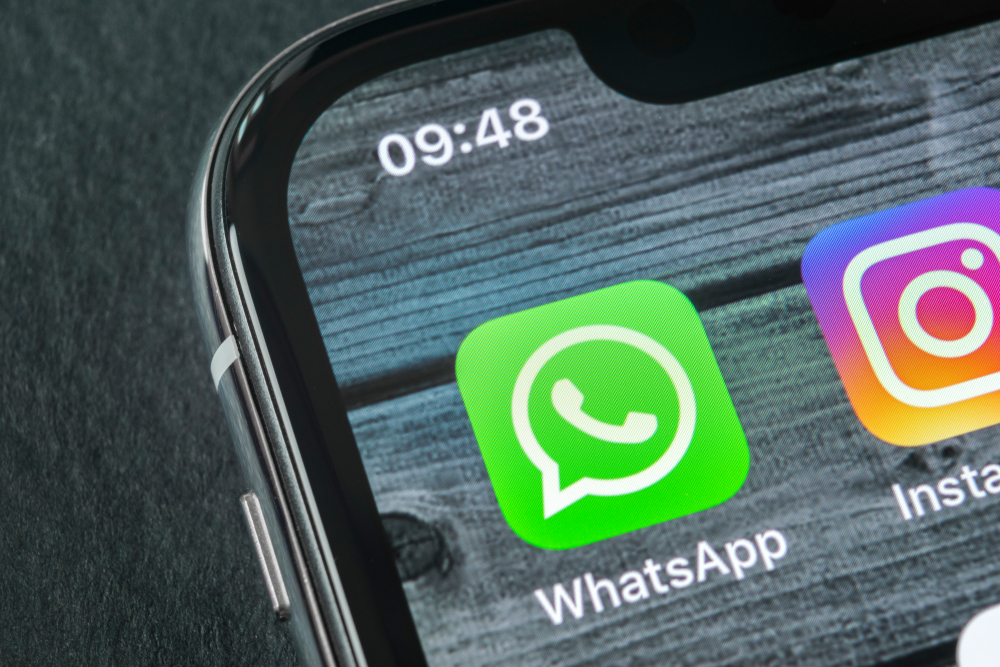 WhatsApp Communities to unify workplace group chats, expand functionality
WhatsApp Communities to unify workplace group chats, expand functionalityNews Group chats will also expand to 1,024 participants, as WhatsApp aims to cater to larger teams
By Rory Bathgate
-
 Salesforce partners with WhatsApp for personalised business messaging
Salesforce partners with WhatsApp for personalised business messagingNews New integration aims to help companies build Salesforce-controlled chat experiences on the messaging platform
By Daniel Todd
-
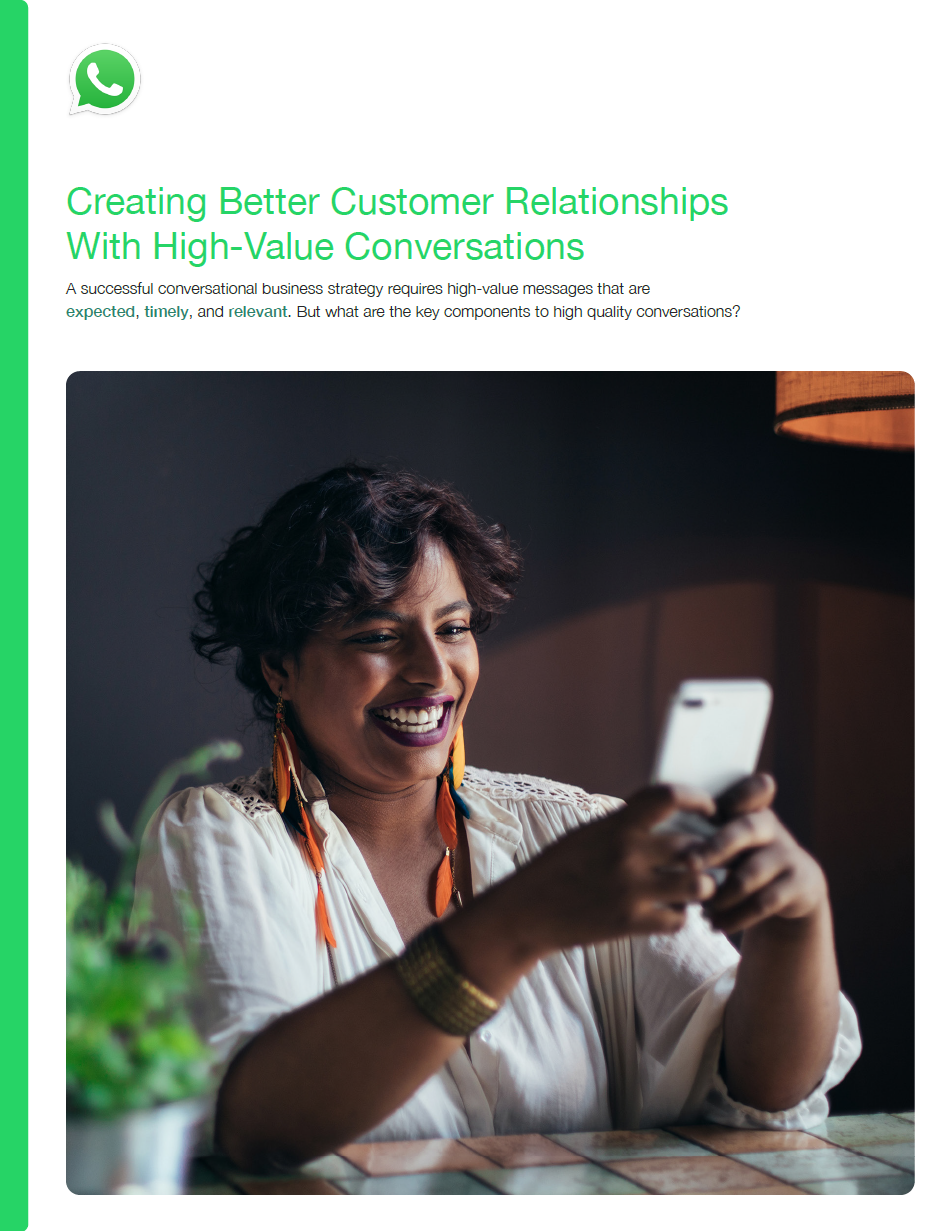 Move to business messaging and let richer connections begin
Move to business messaging and let richer connections beginWhitepaper Creating better customer relationships with high-value conversations
By ITPro
-
 Talking to a business should feel like messaging a friend
Talking to a business should feel like messaging a friendWhitepaper Managing customer conversations at scale with the WhatsApp Business Platform
By ITPro
-
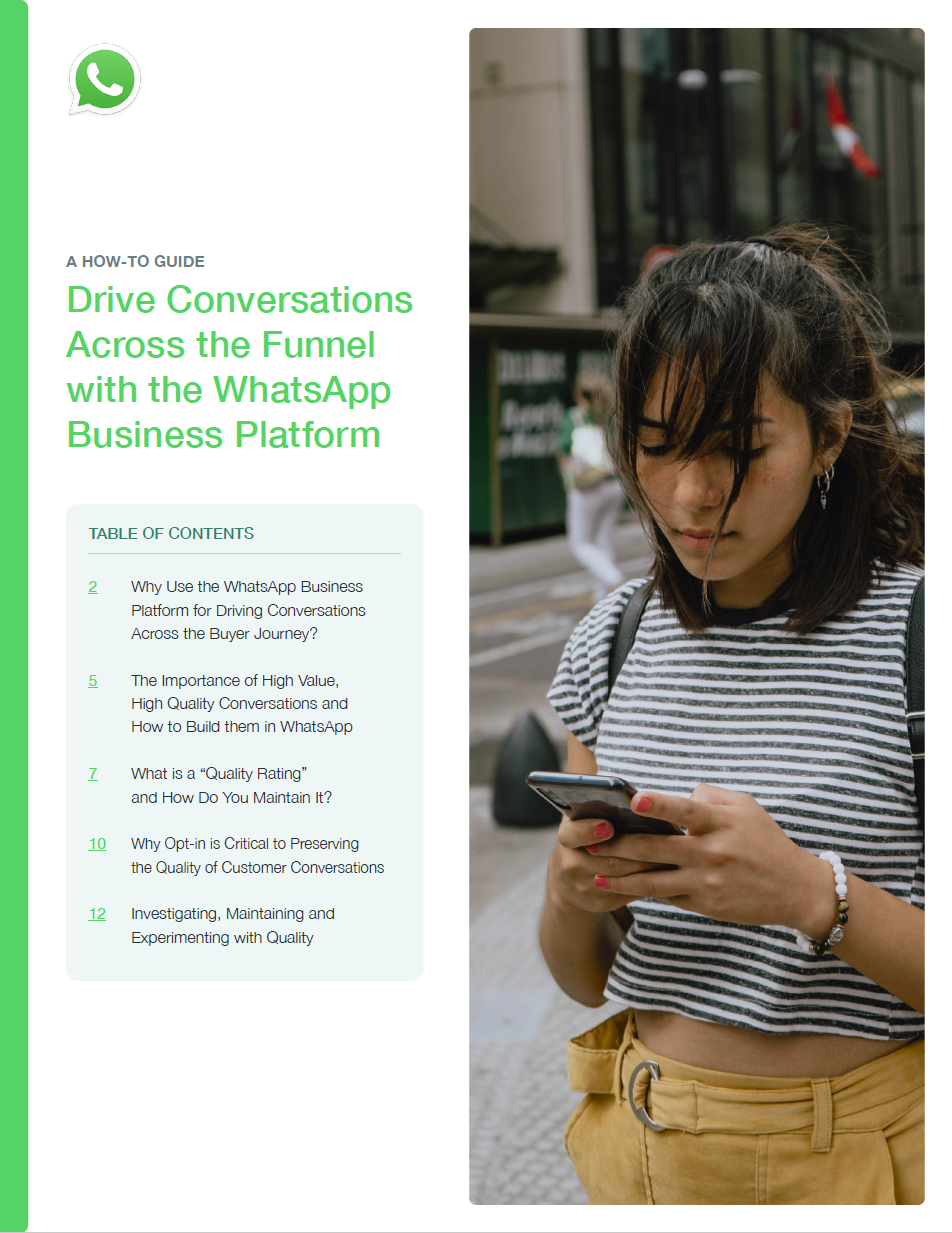 Goodbye broadcasts, hello conversations
Goodbye broadcasts, hello conversationsWhitepaper Drive conversations across the funnel with the WhatsApp Business Platform
By ITPro
-
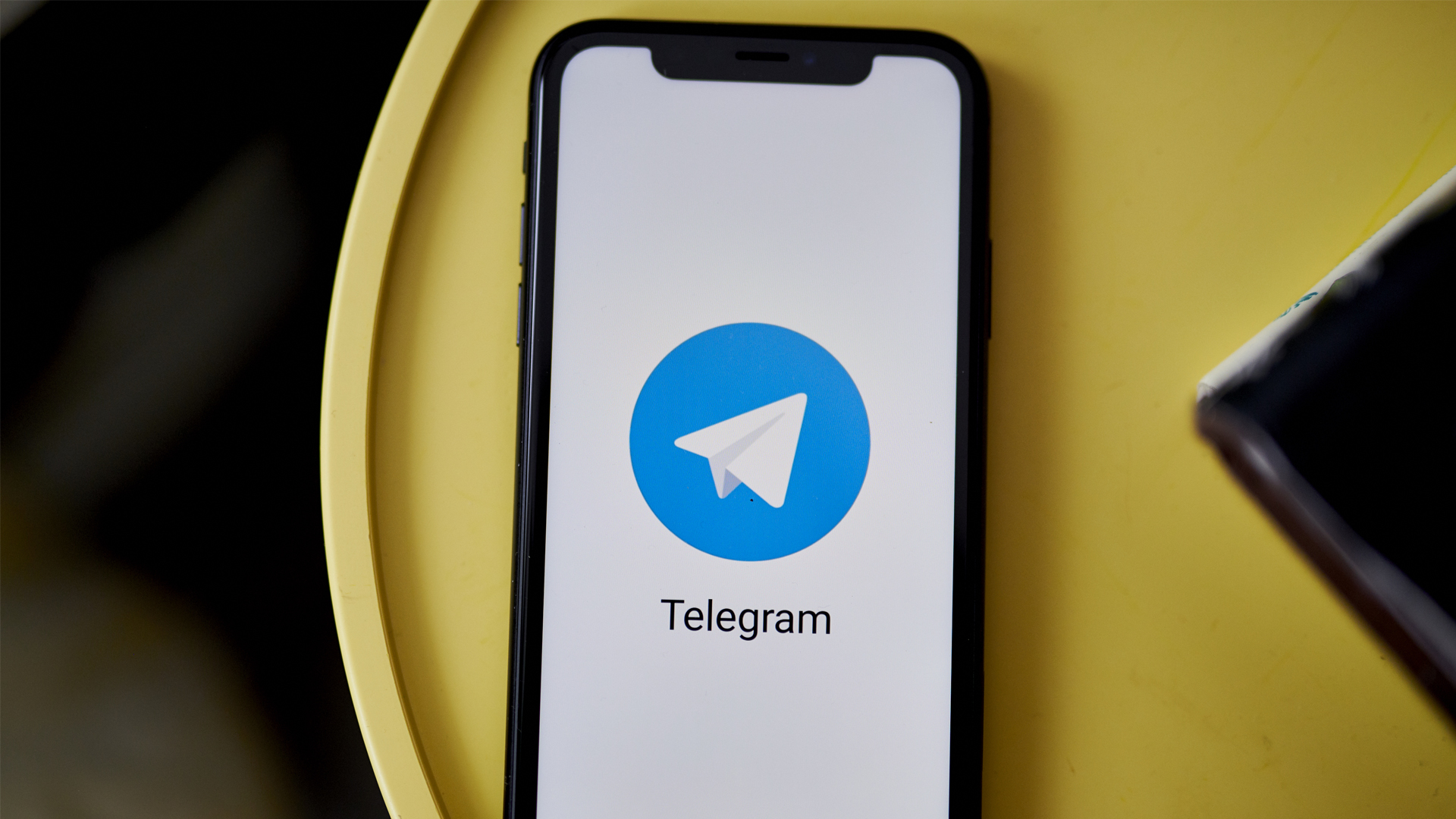 Telegram to roll out premium tier as it tops 700m daily users
Telegram to roll out premium tier as it tops 700m daily usersNews The company has remained tight-lipped about pricing but is launching a paid-for tier ahead of rivals
By Bobby Hellard
-
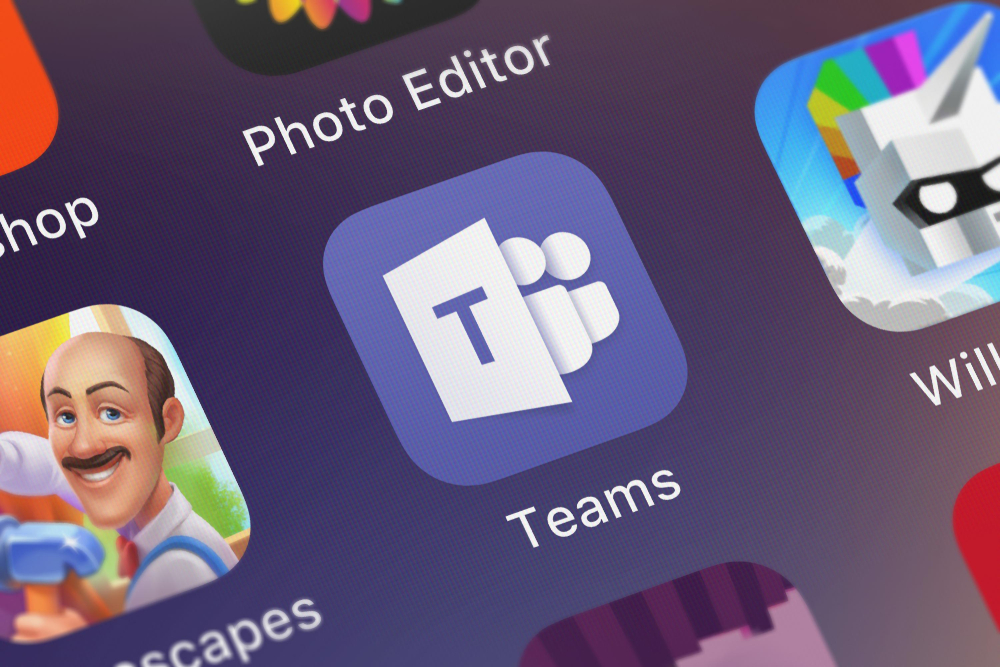 Microsoft bolsters Teams platform with host of call quality improvements
Microsoft bolsters Teams platform with host of call quality improvementsNews New features leverage AI and machine learning to improve both voice and video quality across the platform
By Daniel Todd
-
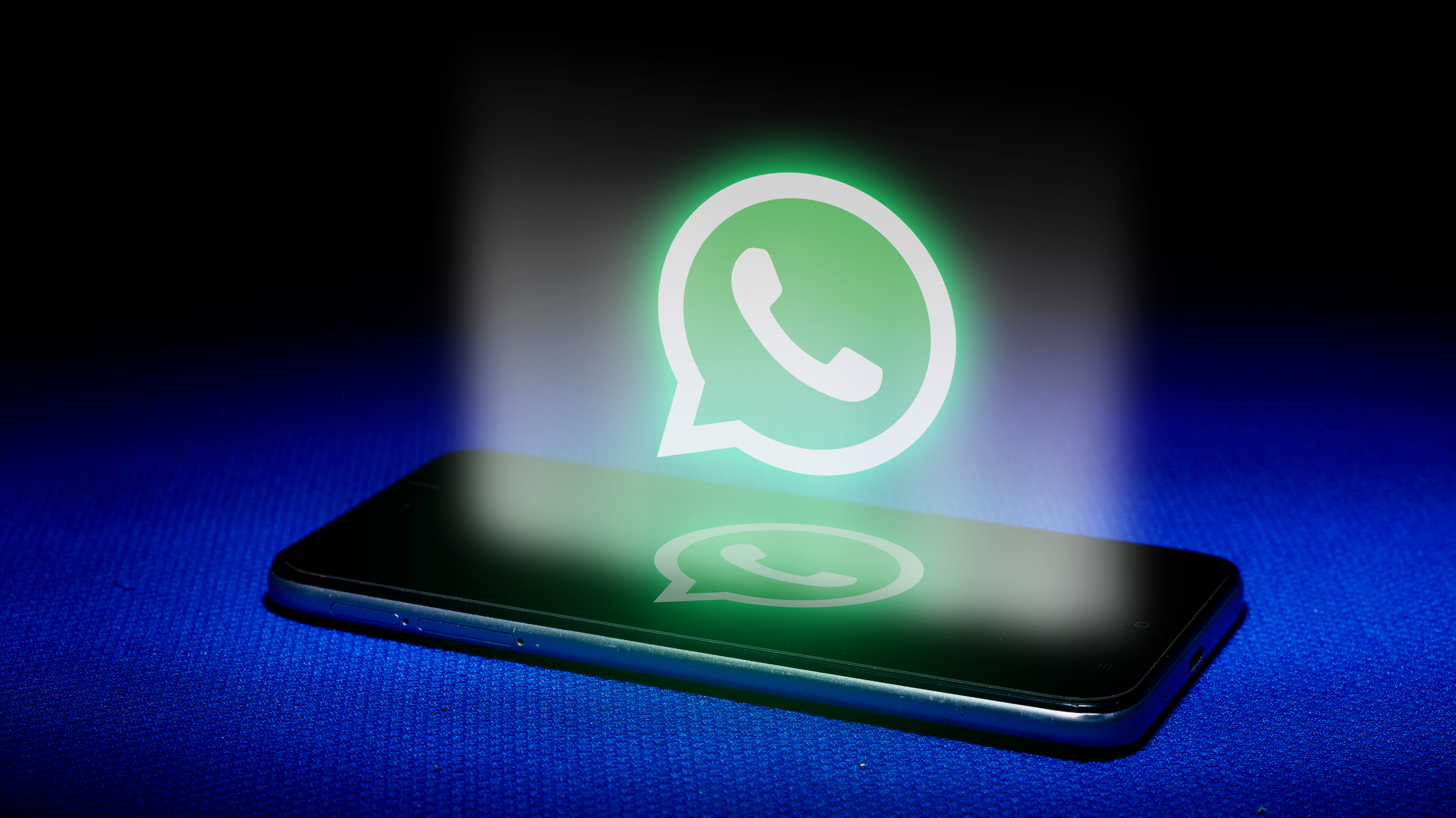 WhatsApp takes QR codes for a test drive in its latest app update
WhatsApp takes QR codes for a test drive in its latest app updateNews QR feature available in beta on iOS and Android
By Sarah Brennan